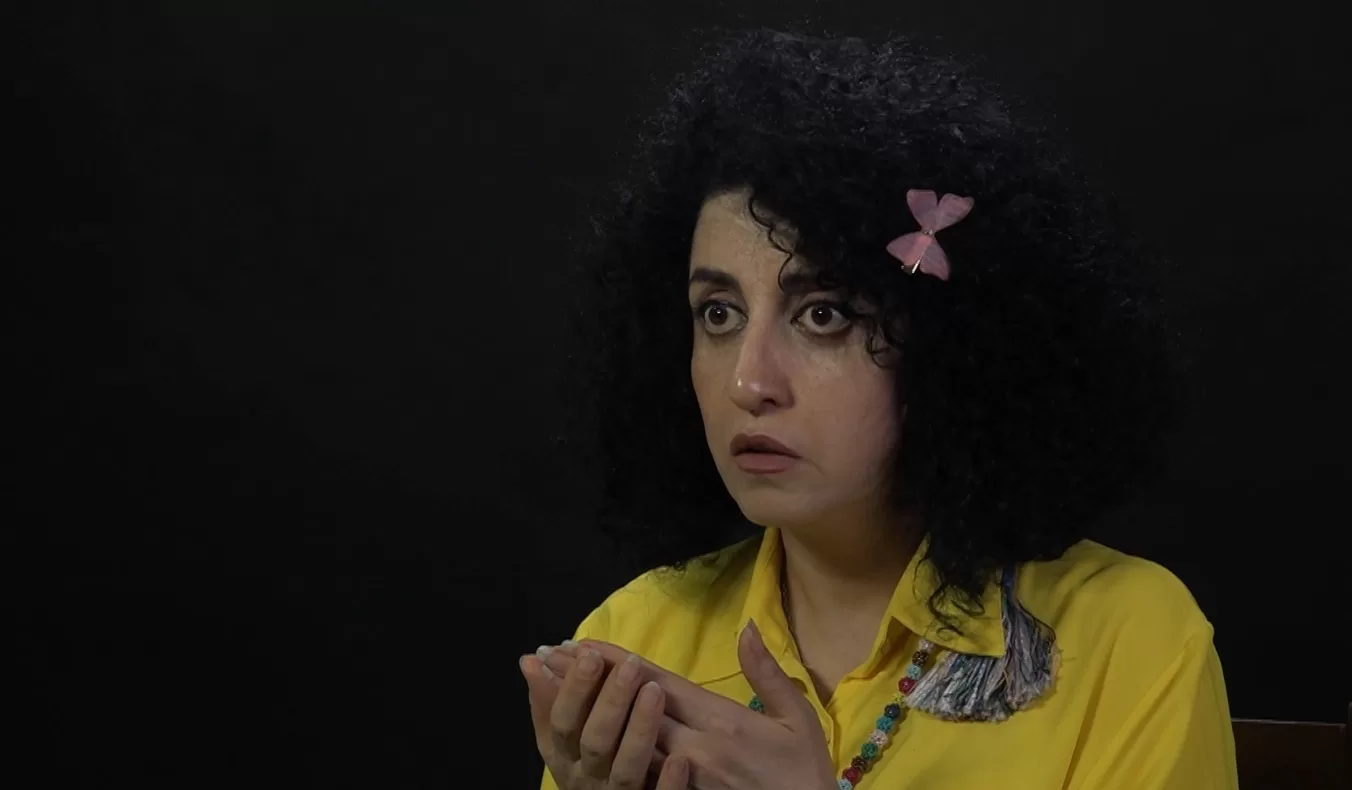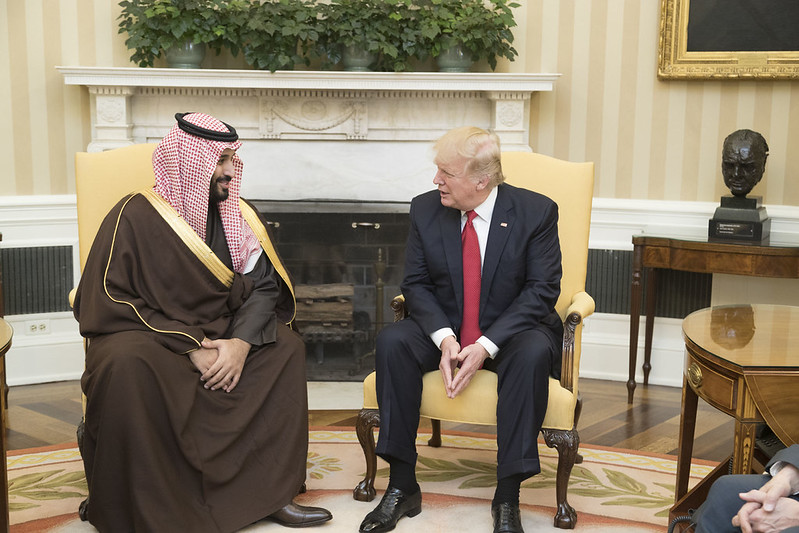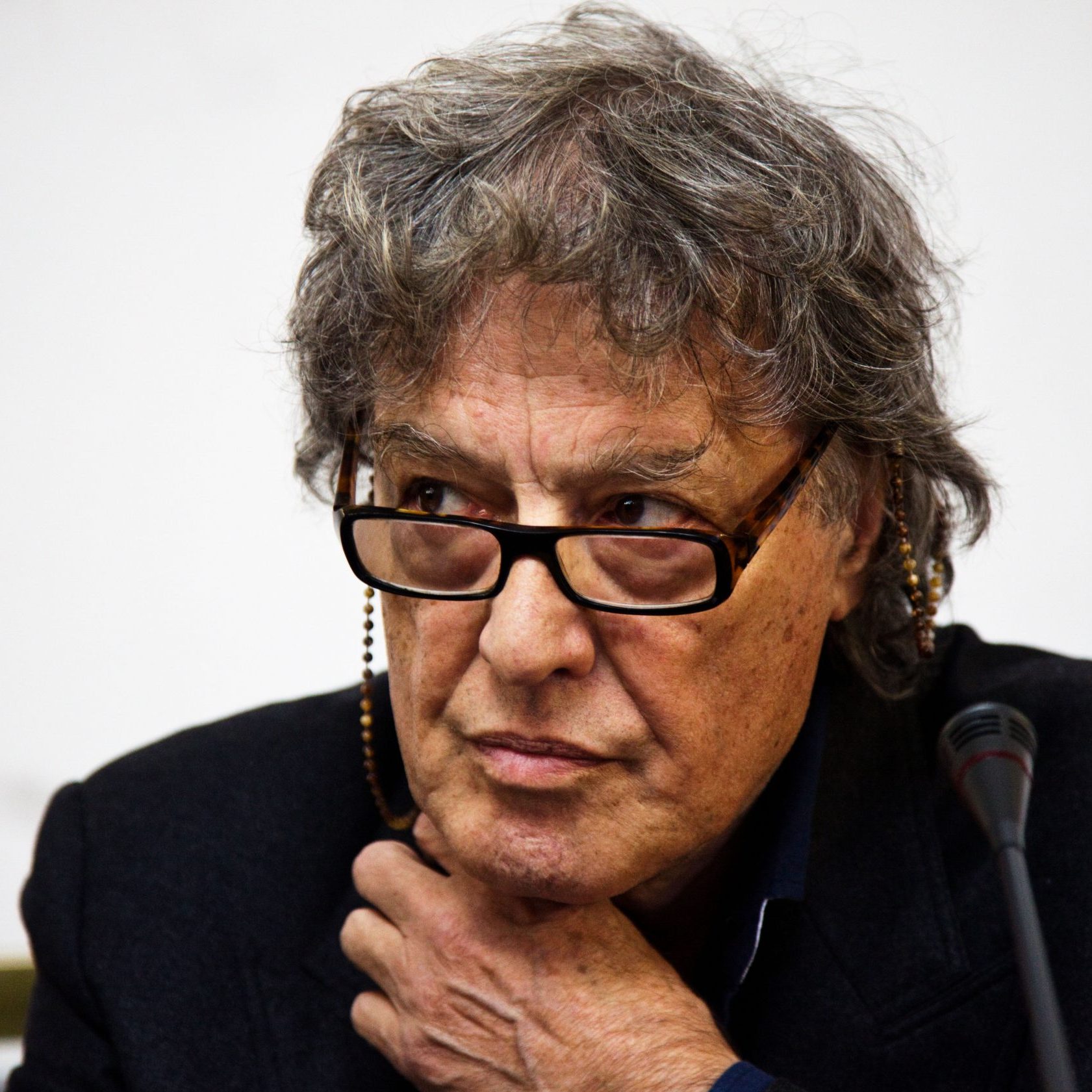Narges Mohammadi is locked in a vicious circle. The 2023 Nobel Peace Prize winner has been held in Tehran’s notorious Evin prison since September 2022 and the Iranian authorities seem determined to keep the prominent human rights activist there.
Mohammadi became active in fighting against the oppression of women in Iran as a student physicist in the 1990s and has promoted human rights ever since, including campaigning for an end to the death penalty in a country where 582 were executed last year alone.
In her nomination for the Peace Prize, Berit Reiss-Andersen, the head of the Norwegian Nobel Committee, said: “Her brave struggle has come with tremendous personal costs. Altogether, the regime has arrested her 13 times, convicted her five times, and sentenced her to a total of 31 years in prison and 154 lashes.”
During her current detention, Mohammadi has been summoned to the courts on numerous occasions to face new charges. Yet Mohammadi argues that the revolutionary courts are not independent judicial bodies and she has also stopped lawyers attending on her behalf for that same reason.
Some of these charges relate to her ongoing human rights work from inside prison, including smuggling out an article which was published in the New York Times on the anniversary of Mahsa (Jina) Amini’s death in custody, the event that sparked the “Woman, Life, Freedom” protests that erupted in Iran in 2022. Mohammadi’s message from prison was: “The more of us they lock up, the stronger we become.”
At the beginning of last week, the woman human rights defender started a hunger strike in protest against delayed and neglectful medical care for sick prisoners, as well as the rule which makes wearing the “mandatory hijab” a condition for the transfer of the women prisoners to medical facilities. Then, earlier this week Mohammadi heard that she was to face a series of new charges, but after refusing to wear hijab the prosecutor prohibited her from attending court. As a result neither Mohammadi nor her lawyer know the nature of the new charges levelled against her. She has now ended her hunger strike.
The regime will be infuriated with her refusal to engage with the justice system, while Mohammadi knows that each time she doesn’t attend it draws yet more attention to her plight.
Mohammadi knows only too well the methods the authorities use to break prisoners. Index has recently been given a video made by Mohammadi just before she returned to jail, shot by the Iranian film-maker Vahid Zarezadeh. In it she says that people should not be surprised if, in the event that she dies in jail, the authorities blame an undiagnosed health problem, perhaps a dodgy heart.
“This system sets up the conditions for the prisoner’s death,” she says.
In sharing the video, she has put the regime on notice that they are being watched. You can watch the video here.
Zarezadeh tells me, “It was filmed at the time when she was rushed from the prison to the hospital due to the blockage of her heart veins, which were opened through angioplasty. She was on medical leave and not in good health. Shortly after this video, she was returned to Qarchak women’s prison.”
He says, “Qarchak Women’s Prison is a notorious facility designed for women, where many human rights activists and opponents of compulsory hijab are held. The prison’s lack of adequate drinking water, as well as poor hygiene and medical care, leads to the spread of various diseases among inmates. Originally used as a livestock centre, Qarchak has been expanded over time. Numerous reports highlight human rights violations in this prison, yet Iranian judicial authorities show no inclination to change the conditions of detainment.”
Iran’s appalling human rights record has also come under scrutiny at this week’s Alternative Human Rights Expo, which highlighted human rights issues related to the suppression of freedom of expression and assembly in the Middle East and North Africa. The virtual event, hosted by the Gulf Center for Human Rights and its partners, was held to focus attention on the 28th session of the Conference of Parties (COP28) to be held from 30 November to 12 December 2023 in the United Arab Emirates. It featured artists, poets, writers and singers from the region including Iranian poet Fatemeh Ekhtesari.
Ekhtesari performed her poem She is Not Woman as part of the event (which is available to view here) which includes the following lines:
We’re sick of queuing for the gallows
Clotted grief in our blood
Trouble is all that’s left
Rage is all we own
Narges Mohammadi’s rage is clear for everyone to see. It is high time that she and other human rights defenders in Iran’s jails are unconditionally released.





